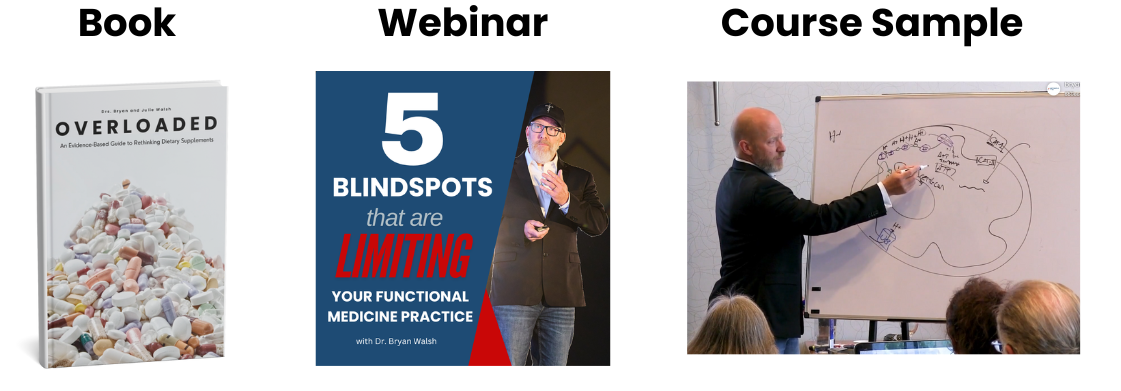Choo Choo…the next train is pulling into the Health Bandwagon Station.
Resilience - All Aboard!
And suddenly, we have resilience coaches, resilience training, resilience curriculum, resilience apps, resilience planners, resilience self-help books, and resilience methods.
Resilience - All Aboard!
And suddenly, we have resilience coaches, resilience training, resilience curriculum, resilience apps, resilience planners, resilience self-help books, and resilience methods.
Is resilience really what we are after?
We don’t say this to be offensive. And we certainly understand where the idea started.
The word itself is quite catchy – r-e-s-i-l-i-e-n-c-e. It rolls off the tongue, right?
Eh, not so fast. Follow along as we break this down and at the end, let us know if you agree.
We don’t say this to be offensive. And we certainly understand where the idea started.
The word itself is quite catchy – r-e-s-i-l-i-e-n-c-e. It rolls off the tongue, right?
Eh, not so fast. Follow along as we break this down and at the end, let us know if you agree.
But when something bad happens, is that really what we want to do? Spring backward?
Think about the last time something bad happened to you –a financial hardship, a difficulty in a relationship, a sickness.
Now that you’ve made it to the other side, do you wish you could spring back to before it happened? Or are you glad you progressed forward through it? Did it make you stronger and smarter on the other side? Or, do you wish it never happened?
Think about the last time something bad happened to you –a financial hardship, a difficulty in a relationship, a sickness.
Now that you’ve made it to the other side, do you wish you could spring back to before it happened? Or are you glad you progressed forward through it? Did it make you stronger and smarter on the other side? Or, do you wish it never happened?
We asked them that very question.
In return, they unanimously answered that adversity made them stronger.
That yes, they got knocked down, and sometimes they got knocked down hard.
But, after it passed, they were better for it. They are now a new and improved version of themselves because they moved forward, not back.
Think about a broken bone. It heals stronger than it was before it was broken.
In return, they unanimously answered that adversity made them stronger.
That yes, they got knocked down, and sometimes they got knocked down hard.
But, after it passed, they were better for it. They are now a new and improved version of themselves because they moved forward, not back.
Think about a broken bone. It heals stronger than it was before it was broken.
Speaking of humans, we each have a unique perspective on what we define as an adverse experience.
For example, this study compared Americans and Japanese populations who experienced a negative event. In this, the Americans had flatter diurnal cortisol and higher inflammatory markers than their Japanese counterparts.
What does this mean? Are Japanese less stressed than Americans? More resilient? Or do they have a different perspective on adversity?
So, right there, this esoteric goal of achieving resilience is another health movement that sounds better than the objective measure and therefore ultimate achievement will ever come to be.
Do we really need something else to feel like we’re not enough in? Do we need something new to chase after? Or blame our life’s problems?
We’d argue no.
That’s not what we need at all.
We need to get down to the bottom of why people feel the way they feel in a way that is measurable, achievable, and realistic.
As humans we are hard-wired to experience this life, in all of it is ups and downs. We are hard-wired to love one another, care about things bigger than just ourselves, and do our part while we’re here to make this place a little better than we found it.


